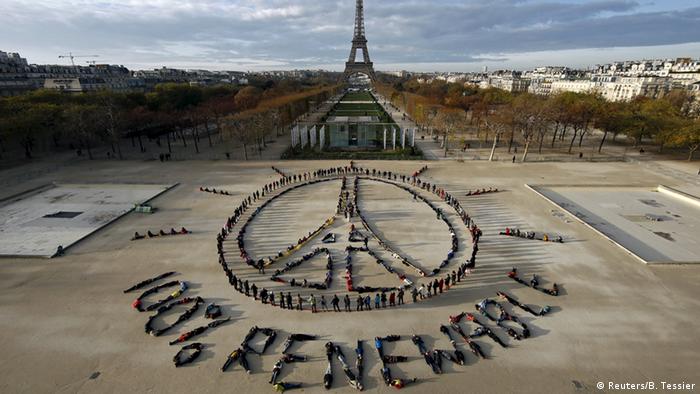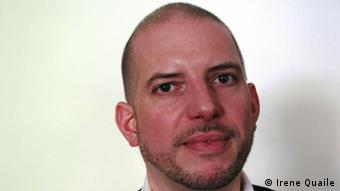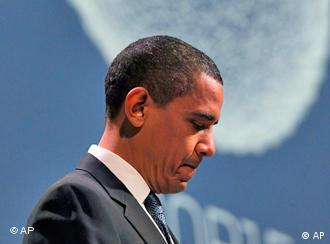By Brooke Cary, Desmog, find full article [here].
Today, world leaders and climate negotiators are reconvening in Marrakech, Morocco, less than a year after they hammered out the Paris Agreement to reduce global greenhouse gas emissions through the United Nations process. Over the next two weeks, they will work out the logistics of their climate goals at the 22nd Conference of the Parties (COP22). (…)
Negotiators at COP22 will need to strike a delicate balance. “You want to be transparent and you want to keep countries accountable for what they are suggesting,” Alexander Ochs, Senior Director of Climate and Energy at Worldwatch Institute, said. “On the other hand, it’s important to keep it voluntary.” (…)
The burning questions are: Who will pay how much — and where will the funding go first? “It will have to be seen how the funds are acquired, who pays what, what obligations are there for countries to receive it. That’s the overarching issue,” Ochs said.


















